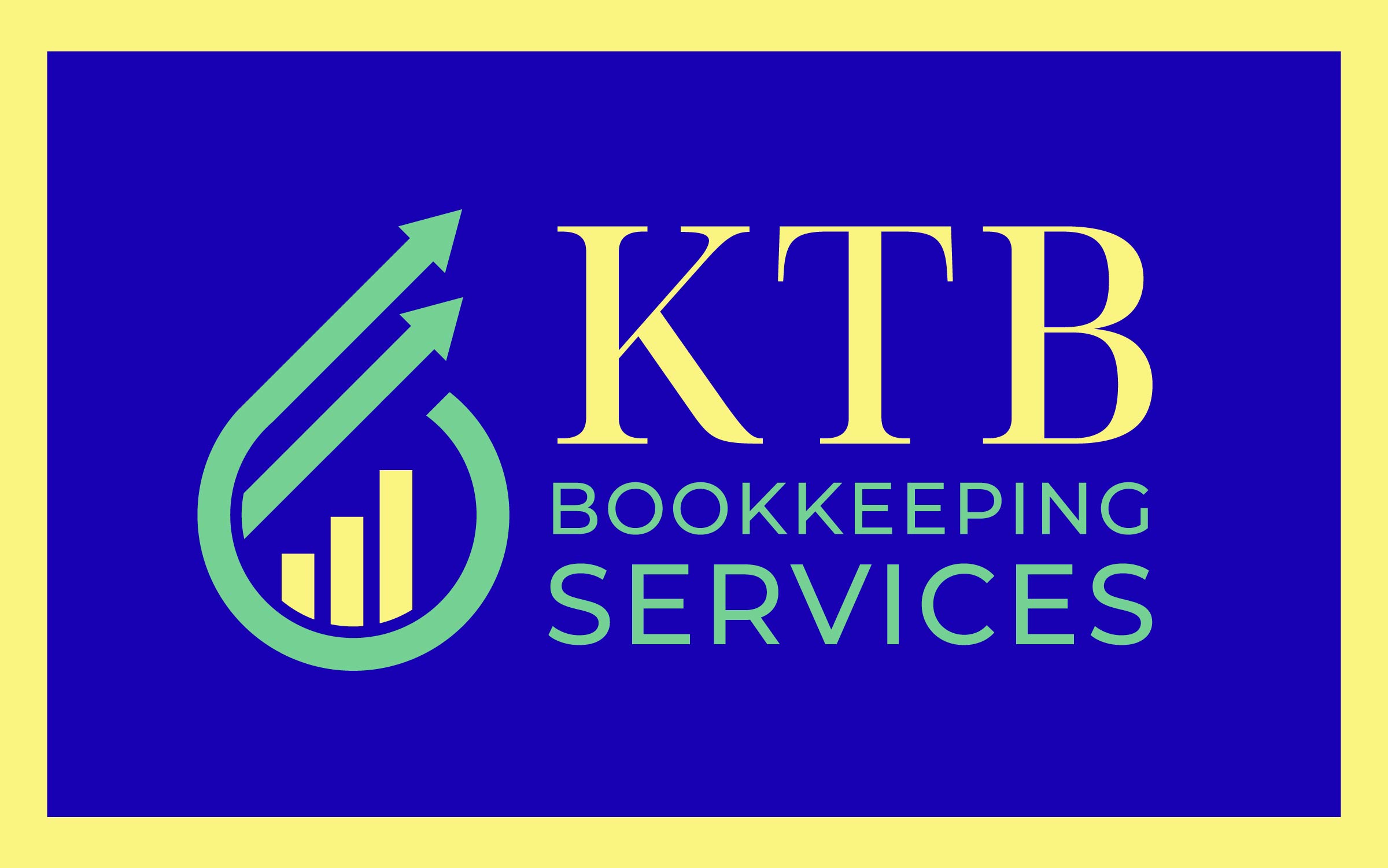The Importance of Properly Attributing Payments in Bookkeeping
Hiring temporary workers can be a great way for businesses to manage short-term needs, from seasonal demands to one-off projects. However, when it comes to paying these workers, there’s one method that many businesses rely on that can lead to some complications: paying cash. While it may seem like a convenient option, paying cash to temporary workers without properly attributing it in your bookkeeping can create legal and financial issues for your business.
Here are the key reasons why paying cash to temporary workers isn’t a good idea—and why you must ensure that all payments are properly tracked and recorded.
1. Compliance with Tax Laws
One of the biggest reasons you should avoid paying cash under the table to temporary workers is to comply with tax laws. The IRS requires businesses to report all payments made to employees and independent contractors, including those who are hired temporarily. When you pay workers in cash and fail to report it, you’re essentially bypassing tax withholding and reporting obligations.
If the IRS finds out that you’ve been making cash payments without proper documentation, your business could face hefty fines and penalties, not to mention the stress of a potential audit. It’s crucial to properly attribute every payment, whether by check, direct deposit, or cash, to avoid these issues.
2. Lack of Paper Trail
Paying cash to temporary workers without proper documentation creates a significant lack of accountability. Without a clear paper trail, it’s difficult to prove how much was paid, when it was paid, or who it was paid to. This can become an issue not only for tax reporting purposes but also in the event of any disputes or misunderstandings between you and the worker.
A paper trail protects both your business and the worker. It provides an indisputable record of payment and ensures both parties have the necessary documentation in case questions arise.
3. Potential Misclassification of Workers
Another problem that can arise when you pay cash is the risk of worker misclassification. Whether you hire someone as an employee or as an independent contractor, the classification affects your tax obligations. For example, if you treat a temporary worker as an independent contractor but pay them in cash without issuing a Form 1099, you’re not meeting your legal reporting requirements.
If a worker is misclassified, the IRS may require you to pay back taxes for Social Security, Medicare, and unemployment benefits that were never withheld. Properly tracking all payments, regardless of method, ensures that you remain compliant with worker classification regulations.
4. Difficulty in Expense Tracking
Good bookkeeping relies on accurate and thorough expense tracking. You shouldn’t pay cash to temporary workers because when you pay cash without proper attribution, those payments can easily slip through the cracks, leaving your financial records incomplete. This can cause major headaches when it comes time to review your financials or file taxes.
Additionally, paying cash without tracking it can distort your business’s financial picture. You may be overspending in certain areas without realizing it, simply because those cash payments aren’t properly recorded. By ensuring all expenses are logged, your bookkeeping can help you manage cash flow and keep a close eye on your bottom line.
5. Exposure to Fraud
A lack of documentation when paying cash can also expose your business to fraud. If you don’t have a clear record of who was paid and how much, it becomes easier for unscrupulous employees or contractors to claim they weren’t paid or to inflate the amounts owed to them. Properly attributing cash payments in your bookkeeping safeguards against potential fraud.
Implementing a structured payment system and ensuring all transactions are recorded can minimize the risk of fraud and prevent gaps in accountability.
6. Protecting Worker Rights
Finally, properly attributing cash payments in bookkeeping helps to protect the rights of the workers you hire. Temporary workers are entitled to fair compensation and access to benefits such as unemployment insurance or workers’ compensation. When payments are undocumented, workers may have difficulty proving their employment history, which could impact their eligibility for these benefits.
Ensuring that all workers are paid transparently not only keeps your business compliant but also demonstrates your commitment to treating your workers fairly.
Best Practices for Paying Temporary Workers
Instead of relying on cash payments, here are a few best practices to follow when paying temporary workers:
- Use payroll software: Payroll systems help ensure that all payments are properly tracked, whether the worker is a full-time employee or a temporary hire. These systems automatically calculate tax withholdings and ensure that you meet reporting requirements.
- Issue proper documentation: For independent contractors, be sure to issue Form 1099 for payments over $600. For employees, ensure you withhold the appropriate taxes and provide W-2 forms at the end of the year.
- Track all payments in your books: Even if you do pay a worker in cash, make sure that the payment is recorded in your bookkeeping system, noting the amount, date, and who was paid.
While it may be tempting to pay temporary workers in cash for convenience, doing so without proper attribution can open your business to a wide range of legal, financial, and operational issues. By ensuring that all payments are properly documented and reported, you can avoid costly penalties and maintain clean, accurate financial records.
At Keeping the Books, we can help you ensure your bookkeeping is done right and that all worker payments, whether for temporary hires or long-term employees, are properly recorded and attributed. Contact us today to learn how we can keep your business compliant and your books in order!



